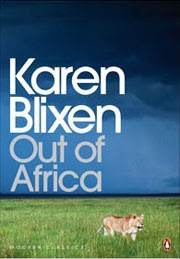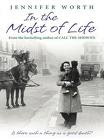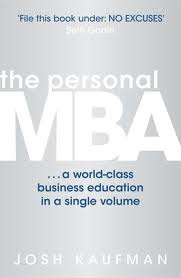
Primo Levi was an Italian Jew who spent eleven months in Auschwitz right at the end of the Second World War, before the camp was liberated by the Red Army in January 1945.
Six hundred and fifty Italian Jews entered the camp on Levi’s shipment, and only twenty left the camp alive. As you can imagine, his account of his time in the camps is very grim. The inmates were underfed, underclothed, and overworked.
The number assigned to Levi was 174,517, which was tatooed on his arm. This meant he had a very high number; nobody seems to have survived from before about 150,000, and there were only a tiny handful left from before 160,000. Among the most interesting aspects of the book is a discussion of what made it possible for someone to survive: great physical strength, or an ability to get on the good side of the warders, or an eye for every possibility, or a willingness to abandon any moral scruples.
Levi felt that he was clearly not among those who would survive, and prepared himself accordingly. Luckily however his BSc was in Chemistry, and the camp needed chemists, so after an exceedingly bizarre ‘exam’ where a well-dressed German chemist questioned the starving Levi about carbon, he is allowed to enter the lab. This easier work essentially saves his life.
He contracts scarlet fever, and is in the camp hospital when he hears the rumour that everyone in the camp will be marched away, as the Russians are coming and thus the end of the war is near. Levi comments:
The news excited no direct emotion in me. Already for many months I had no longer felt any pain, joy or fear, except in that detached and distant manner characteristic of the Lager, which might be described as conditional: if I still had my former sensitivity, I thought, this would be an extremely moving moment.
Much of the book is recounted in this distant manner, reminding me – perhaps not surprisingly – of Robert Graves First World War memoir, GOODBYE TO ALL THAT; his detachment was so complete he could barely recall any of his four years of war after the first three months – though those three months were quite enough, haunting him for a decade after.
The ten days between the departure of the Germans and the arrival of the Russians are vividly described, as the infectitious diseases patients scour the camp for any remaining food, and die in great numbers from the cold. One man dies and is frozen in the act of digging for potatoes. This is a story so grim as to seem almost unreal, and touchingly, Levi, who lived through it, seems to find it so also.
Today, at this very moment as I sit writing at a table, I myself am not convinced that these things really happened
.









